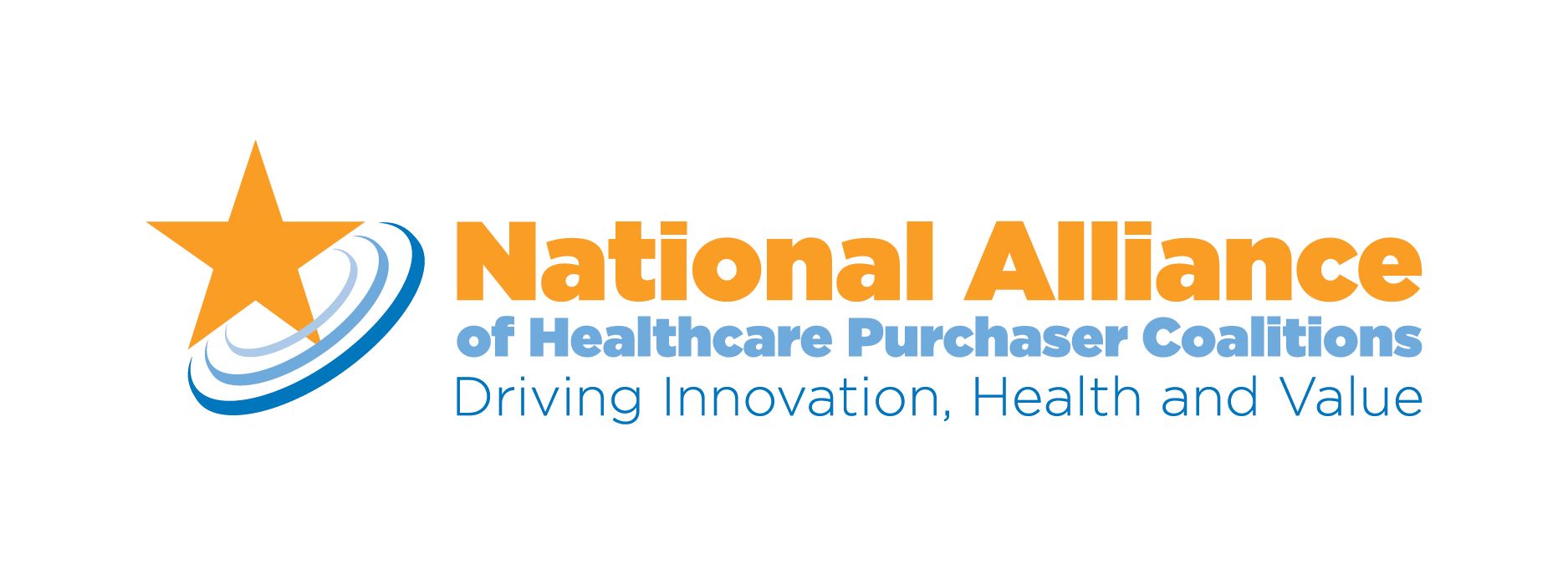
Dr Bruce Sherman Describes the Purpose and Mechanisms of Co-pay Accumulator Adjustment Programs

Co-pay accumulator adjustment programs are meant to ensure that individuals are responsible for the full amount of their insurance deductible, which should help promote healthcare consumerism, according to Bruce Sherman, MD, chief medical officer of the National Alliance of Healthcare Purchaser Coalitions.
Co-pay accumulator adjustment programs are meant to ensure that individuals are responsible for the full amount of their insurance deductible, which should help promote healthcare consumerism, according to Bruce Sherman, MD, chief medical officer of the National Alliance of Healthcare Purchaser Coalitions.
Transcript
What are co-pay accumulator programs and what purpose are they supposed to serve?
The intent of co-pay accumulator programs is to ensure that individuals who elect to enroll in a high-deductible or consumer-directed health plan fulfill the obligation of their enrollment in that plan to pay for the deductible in its full amount before the health plan or the benefit plan kicks in to support their healthcare needs.
The co-pay accumulator adjustment programs serve to prevent individuals from having any funds credited toward their deductible that come from an outside entity, such as a pharmaceutical manufacturer, that prior to about 2017 were being counted toward the patient contribution. Now with the implementation of co-pay accumulator adjustment programs, the [pharmacy benefit managers] are able to identify the source of funds, whether they are coming from the patients, whether they’re coming from a third-party source, and attribute those to the deductible or not based on the particular plan design.
So the accumulator program specifically is intended to prevent any contribution from outside of the patient from being credited toward the individual’s deductible, and that, at least theoretically, should help promote healthcare consumerism by ensuring that patients are responsible for that full amount of the deductible as the plan depicts.
Newsletter
Stay ahead of policy, cost, and value—subscribe to AJMC for expert insights at the intersection of clinical care and health economics.








